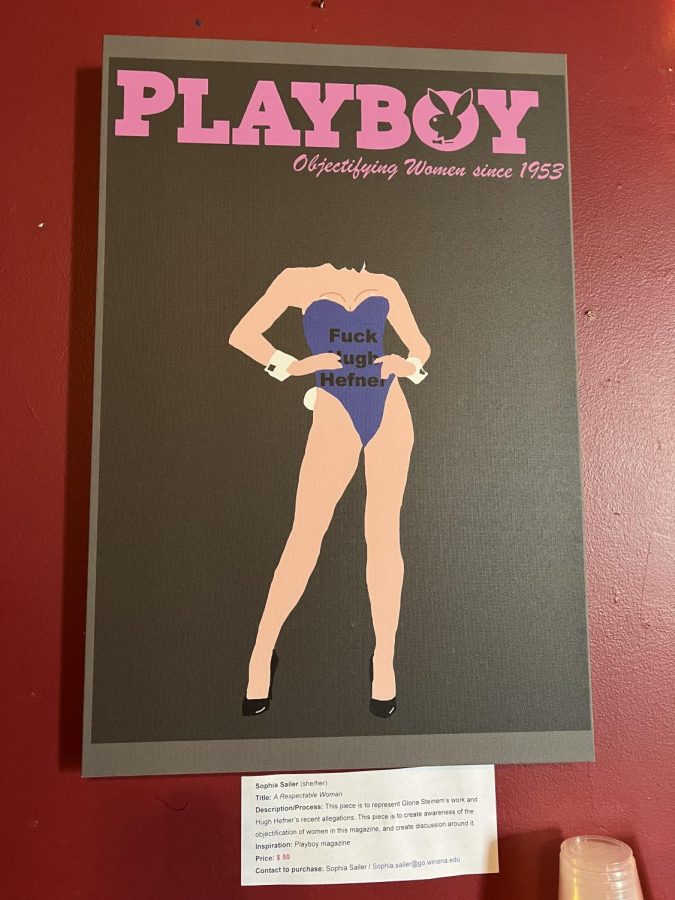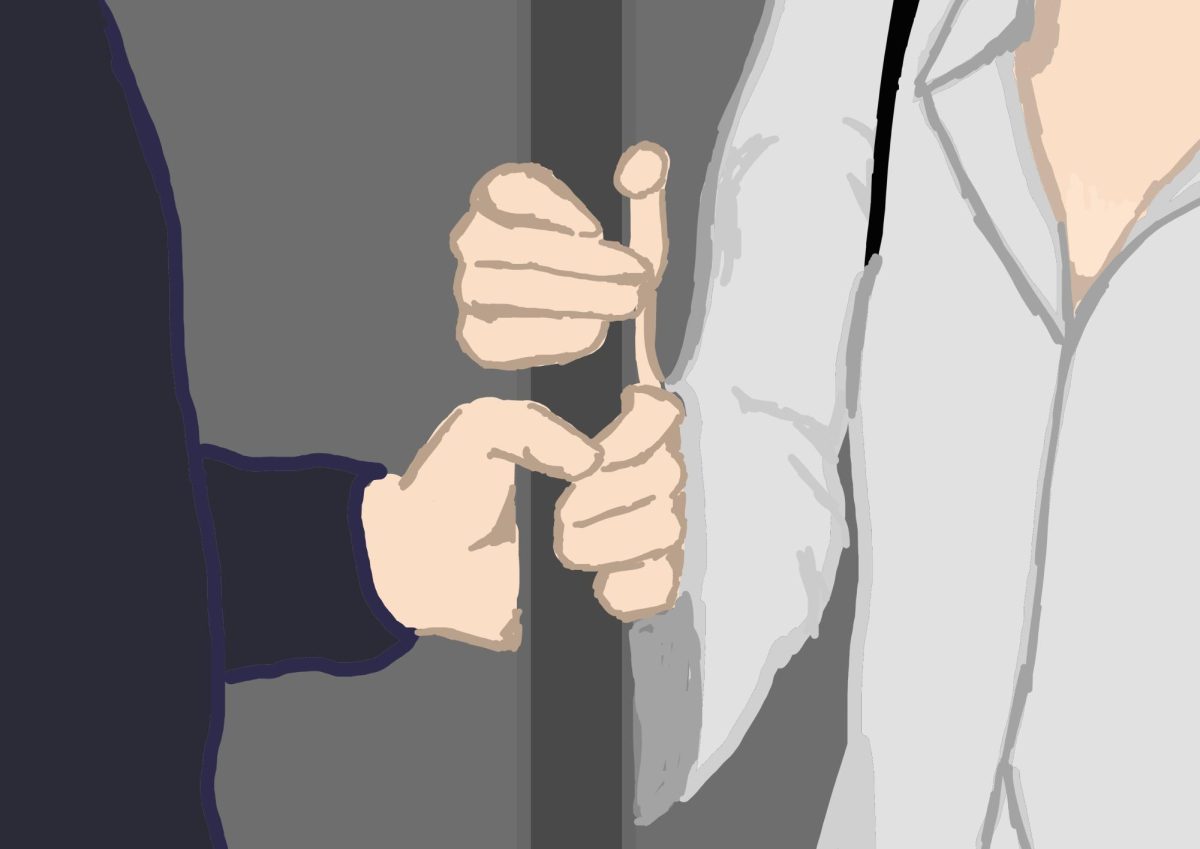Sami Schwanke/Winonan
Winona State University professor David Dies was a guest on WFMT radio, Chicago’s Classical and Folk radio station on Monday night last week. Dies teaches four levels of music theory along with composition and formal analysis at Winona State.
Several of his works were performed, including “Reference Collection: On Books and Libraries.” This piece was commissioned for the 50th anniversary of the University of Wisconsin Madison’s Memorial Library. Also performed that evening were “Hills Like White Elephants,” a piece based off of a short story by Ernest Hemingway, and Dies’ new arrangement of Maurice Ravel’s “Deux Melodies Hebraques.”
The Chicago-based orchestral ensemble Anaphora performed Dies’ works on WFMT.
Anaphora approached Dies last spring and requested to perform his chamber opera and feature him in their program on WFMT.
Dies said that watching his music being performed for a radio audience was a very different experience than any other venue.
“It was less formal than a concert,” he said. “I mean, everyone’s sitting there in their street clothes and actually facing each other. It was easy to forget about the large listenership outside the microphones.”
Dies also had the opportunity to explain the inspiration behind some of his pieces. For his piece “Reference Collection: On Books and Libraries,” Dies was approached by the Memorial Library committee and asked to write a composition.
“I was thinking I wanted to enact this enormous [library] collection, so initially my idea was to run randomly throughout the library and pull quotes from here and there,” said Dies on WFMT. “I started this and realized that this was not a way to go about writing a piece.”
Dies then switched to searching John Bartlett’s “Familiar Quotations,” the most extensive reference book for famous literary quotations.
“I typed up all of the quotes relating to libraries and was looking for poetic quality. I needed to see if it would work set to music,” Dies said.
Dies also used outside resources to help gather enough quotes and then began to categorize them.
Dies told WFMT about how he pieced the work together from a list of quotations.
“I came up with 17 of them [quotes] and stitched them together to come up with six songs,” Dies said. “Some of them very aphoristic, some of them more cohesive. Two of them are just long settings of single quotes so it’s structured to be like a library collection.”
Each piece of the collection, Dies said, is different in a thoughtful way.
“I pulled them together [the quotes] and grouped them topically from there,” Dies said. “For example, the movement ‘First Thoughts’ feels incomplete on purpose because it’s about random thoughts. And ‘Some Books Are Like’ is on analogies for books.”
The radio experience, Dies said, will be a continuing part of his future.
“Future collaborations come from performances like these,” said Dies.
Dies will be working with on a string orchestra program and future recordings with some of the members from Anaphora. He was also asked to write a piece for WFMT’s guest mezzo-soprano, Julia Bentley, for herself and a percussion quartet.
Contact Sami at [email protected]





























































